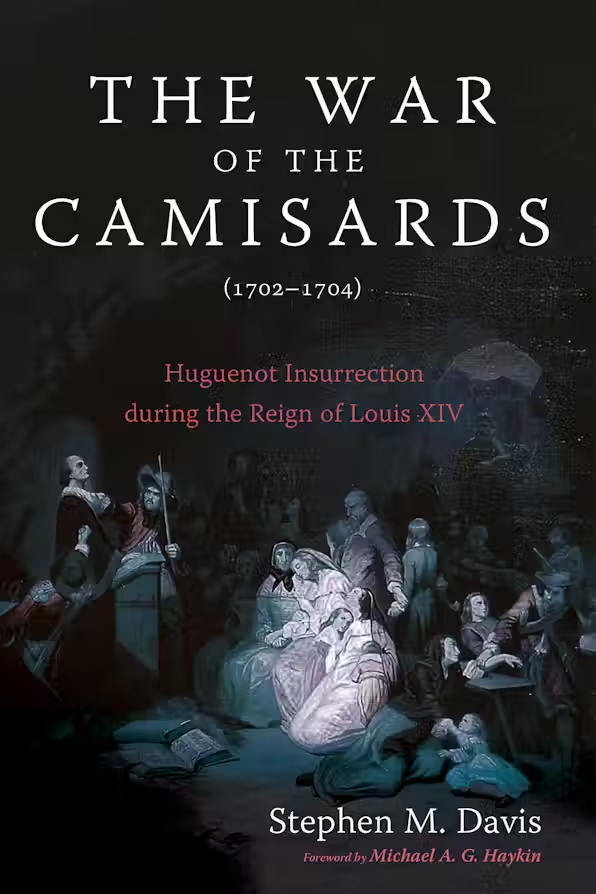The War of the Camisards was the last of France’s wars of religion and pales in comparison with the Wars of Religion of the 1500s. There were no nobles to lead the peasant armies, its active phase hardly lasted two years, and the war was limited to the Cevennes region in Southern France. For two years, the royal troops of Louis XIV battled outnumbered, ill-equipped peasants led by wool combers, shepherds, and farmers. The war mobilized several great marshals of France and ended with negotiations between a decorated marshal of France and a modest baker, Jean Cavalier. The War of the Camisards has been both embraced and rejected by French Protestants. The primary causes for rejection are prophetism, nourished by Old Testament prophecies that God would pour out his Spirit in a time of trouble, and the prophetic call to violent resistance. The War of the Camisards, the devastation of the Cevennes, the atrocities committed in the name of religion, and the damage to the image of France serve as warnings for governments to tread lightly in religious matters and for Christians to weigh carefully how to respond to government repression.

The War of the Camisards (1702–1704): Huguenot Insurrection during the Reign of Louis XIV
Series: Publications by Members
Publisher: Wipf and Stock
Year Published: 2024
ISBN: 9798385229024